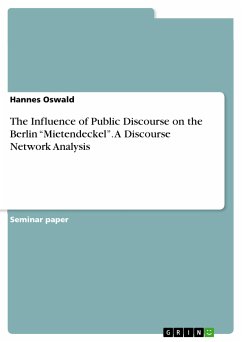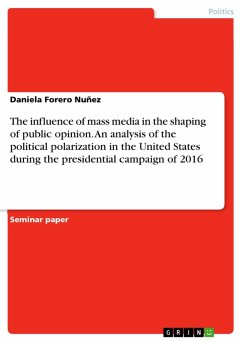- Verlag: GRIN Verlag
- Seitenzahl: 17
- Erscheinungstermin: 21. März 2023
- Englisch
- ISBN-13: 9783346837738
- Artikelnr.: 67647430
Dieser Download kann aus rechtlichen Gründen nur mit Rechnungsadresse in A, B, BG, CY, CZ, D, DK, EW, E, FIN, F, GR, HR, H, IRL, I, LT, L, LR, M, NL, PL, P, R, S, SLO, SK ausgeliefert werden.
- Herstellerkennzeichnung Die Herstellerinformationen sind derzeit nicht verfügbar.









